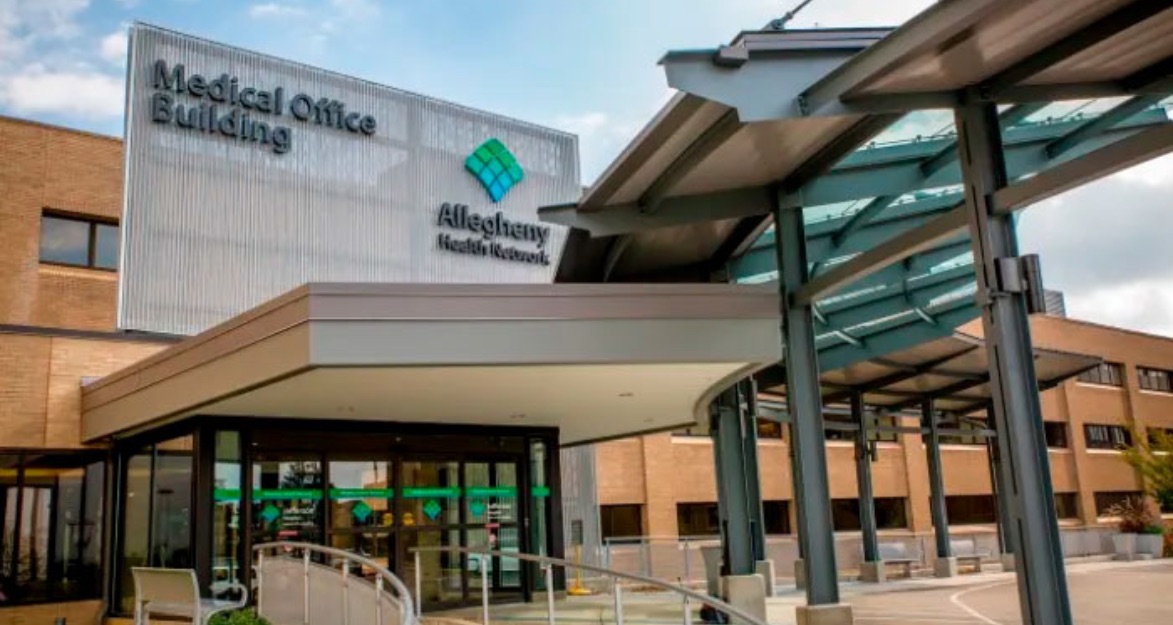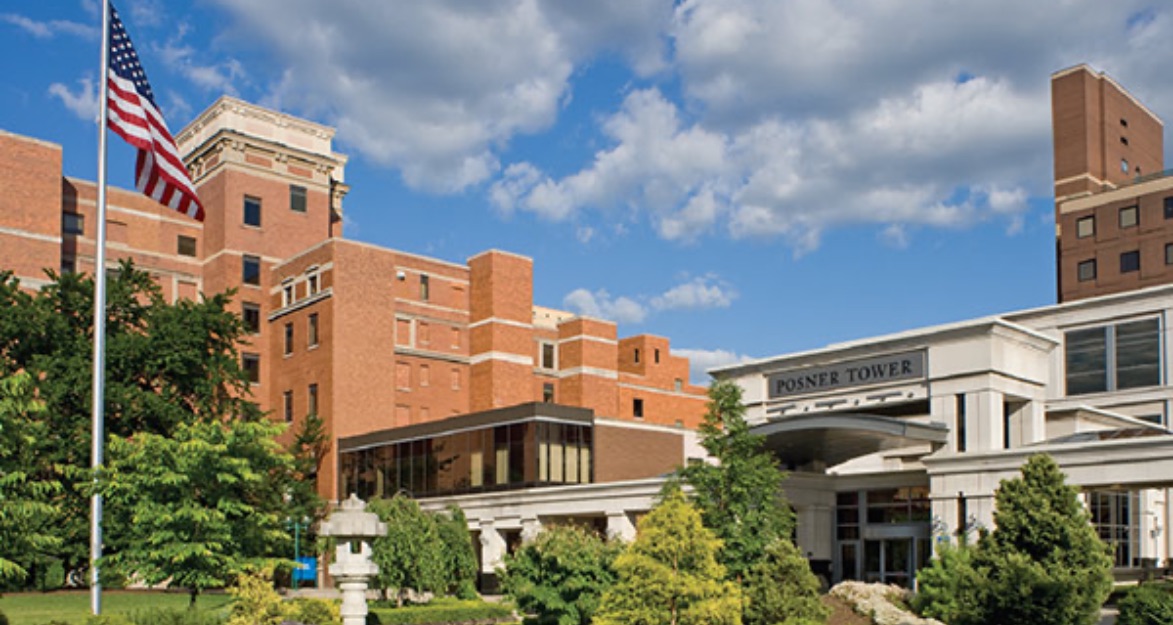Basal Cell Carcinoma
The appearance of basal cell carcinoma can be diverse and subtle, showing as red patches of skin, pink growths, open sores, or shiny bumps. Notably, its understated presentation makes early detection challenging.
The primary cause of BCC is prolonged exposure to harmful levels of ultraviolet (UV) rays. Sunlight, a common source of UV rays, can damage cellular DNA—a critical component in the creation of new cells. While the body typically possesses an internal surveillance and repair mechanism for damaged DNA, basal cell carcinoma may develop when the extent of sun damage surpasses the repair mechanism's effectiveness.
Zitelli & Brodland's expert providers specialize in the comprehensive diagnosis and treatment of all skin cancers, including basal cell carcinoma. Annual Total Body Skin Exams are very important, as the dermatologists at Zitelli & Brodland are trained to detect unusual spots early leading to finding smaller basal cell carcinomas during routine examinations. Take the proactive step towards healthy skin by scheduling an appointment with one of our trusted dermatologists today. As global leaders and innovators in skin cancer surgery and reconstruction, Zitelli & Brodland is committed to your skin health journey.
Examples of Basal Cell Carcinoma
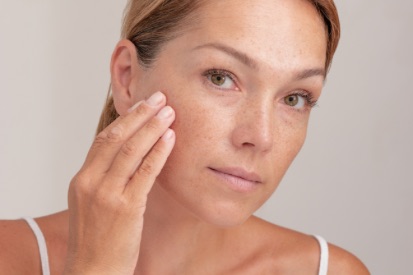
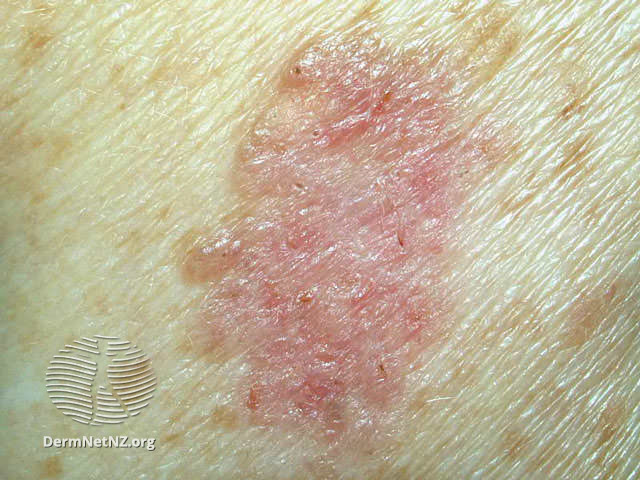
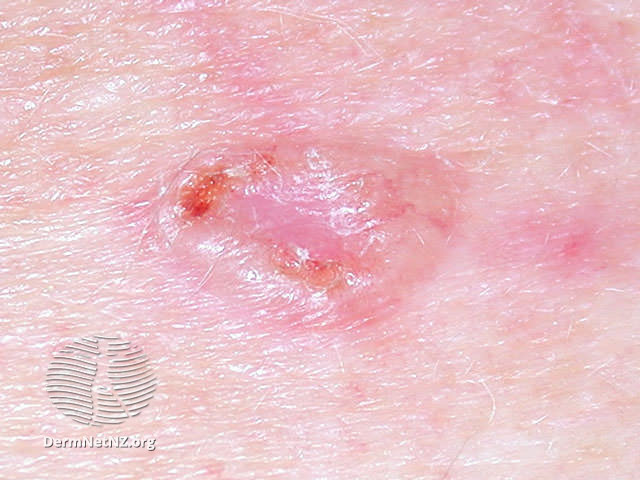
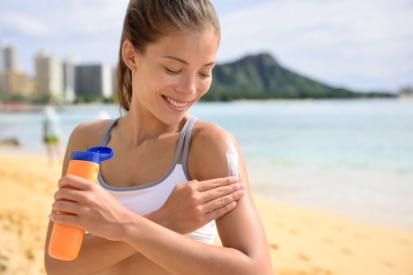
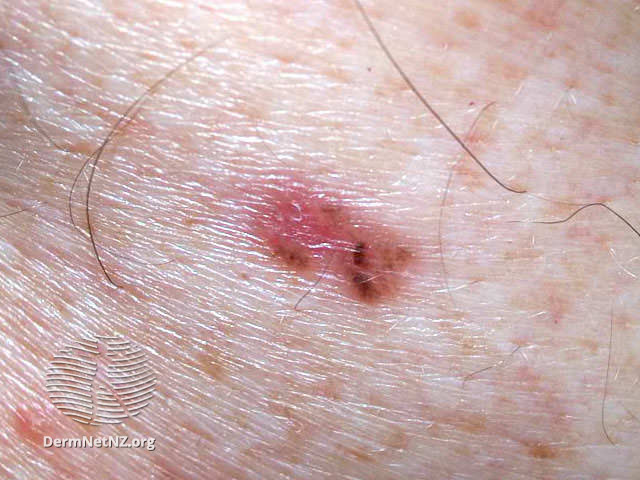
Symptoms of Basal Cell Carcinoma
- Basal cell carcinoma (BCC) often begins as persistent wounds or sores.
- BCC can appear as reddish areas on sun-exposed parts of the body such as the face, neck, arms, and legs.
- BCC might resemble scars, pink growths, or shiny bumps.
- In some cases, they bear a resemblance to moles, contributing to misidentification.
Causes of Basal Cell Carcinoma
- Basal cell carcinoma is caused by spending too much time in the sun.
- Getting sunburnt, especially as a child, increases the risk of BCC.
- Family history of skin cancer.
- A weakened immune system, and exposure to certain environmental toxins can also contribute.
How to Prevent Basal Cell Carcinoma
- Sunscreen is Your Shield: Regularly apply a broad-spectrum sunscreen with at least SPF 30 on all exposed skin, even on cloudy days. Reapply every two hours or more frequently if swimming or sweating.
- Cover Up: Wear protective clothing such as long-sleeved shirts, wide-brimmed hats, and sunglasses to minimize direct sun exposure.
- Avoid Peak Sun Hours: Limit outdoor activities during the sun's strongest hours, usually from 10 a.m. to 4 p.m. If possible, seek shade under trees or use an umbrella.
- Protective Gear for Outdoor Activities: If you're engaging in outdoor sports or activities, consider using sun-protective clothing and gear to create an extra barrier against UV rays.
- Regular Skin Checks: It's essential to schedule annual skin checks with your dermatologist. Early detection is critical to effective treatment plans.
Basal Cell Carcinoma FAQs
You can prevent Basal Cell Carcinoma (BCC) by consistently using a broad-spectrum sunscreen with a high SPF, wearing sun-protective clothing, avoiding tanning beds, and seeking shade during peak sun hours. Performing self-examinations and seeing a dermatologist regularly for a Total Body Skin exam are key to preventing BCC.
Treatment options for Basal Cell Carcinoma include surgical procedures (such as surgical excision or Mohs surgery), non-surgical approaches like topical medications or photodynamic therapy, and occasionally radiation therapy, depending on factors like the tumor size, location, and the patient's medical history. Your dermatologist will review your options with you and recommend a treatment plan.
Yes, Basal Cell Carcinoma can recur, emphasizing the importance of regular Total Body Skin Exams performed by your dermatologist, self-examinations and use of sun safety measures including sunscreen and sun-protective clothing.
Yes, Mohs micrographic surgery proves to be an effective treatment for Basal Cell Carcinoma (BCC), particularly in sensitive areas like the face, ears, and nose. This specialized technique involves the meticulous removal of cancerous tissue in layers, examined under a microscope immediately, ensuring thorough removal of cancer cells while minimizing impact on healthy surrounding tissue. Mohs surgery is often recommended for large, poorly defined, or high-risk BCCs, providing high cure rates and favorable cosmetic outcomes in delicate regions. However, the choice of treatment depends on various factors and should be discussed with a dermatologist or skin cancer specialist.
Basal Cell Carcinoma is diagnosed through a skin biopsy, where a small sample of the suspicious skin tissue is taken and examined under a microscope to confirm the presence of cancer cells, with additional imaging tests occasionally used to determine the extent of the cancer. Early detection and consultation with a dermatologist or skin cancer specialists are key in initiating the diagnostic process.
Basal Cell Carcinoma is primarily caused by prolonged exposure to UV rays, particularly from sunlight, damaging skin cell DNA and increasing the risk of cancer. Effective sun protection is vital in minimizing this risk.
From Our QualDerm Family of Providers: Why Early Detection For Skin Cancer Is Critical
How to Treat Basal Cell Carcinoma
- Mohs Micrographic Surgery: This specialized surgery is commonly used for skin cancers like Basal Cell Carcinoma, particularly in sensitive areas. Mohs surgery excels in preserving healthy tissue, boasting a high cure rate of around 98% for primary, non-recurrent cases.
- Excisional Surgery: In this procedure, a small margin of surrounding healthy tissue is removed to prevent the cancer from spreading.
- Electrodesiccation and Curettage: After numbing the area, the growth is scraped off and cauterized (burned) to eliminate remaining tumor cells and control bleeding. This method is not ideal for advanced cases or growths in sensitive areas.
- Topical Therapeutic Options: Certain creams or ointments can be considered for specific lesions. Your dermatologist will discuss these options based on the characteristics of the Basal Cell Carcinoma.
Featured Products for Sun Protection

EltaMD UV Lotion Broad-Spectrum SPF 30
Develop a daily sun protection habit by keeping this moisturizing sunscreen handy for the entire family. Use EltaMD UV Lotion from head to toe to hydrate the skin and protect against sun damage.

EltaMD UV Luminous Broad-Spectrum SPF 41
Get a shade more luminous with our newest lightly tinted sunscreen that brings skin care and essential sun care together. EltaMD UV Luminous Broad-Spectrum SPF 41 uses antioxidants such as linoleic acid and vitamin E to protect your skin from free radicals and diminish UV-related signs of aging. It’s light rosy tint and semi-matte finish blends into the skin seamlessly and blurs imperfections. EltaMD UV Luminous Broad-Spectrum SPF 41 sunscreen is ideal for those seeking non-greasy UV protection with all physical active ingredients. Net wt 1.7 oz/48 g
Featured Healthy Skin Blogs

- Skin Cancer
Discover the truth about UV radiation and sunscreen as we debunk common myths in this blog.
Read More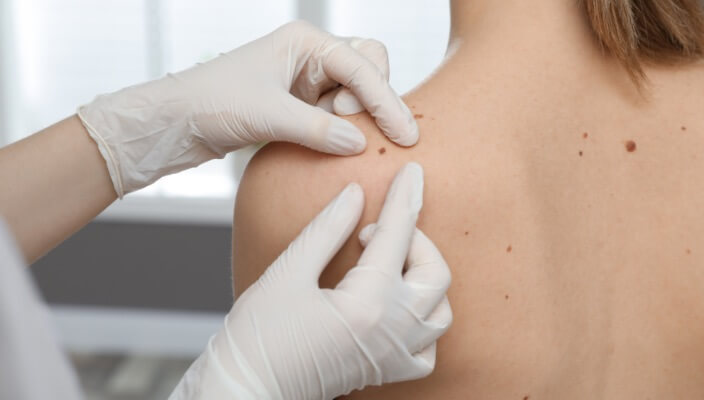
- Skin Cancer
- Skin Exams
This comprehensive guide will walk you through what to expect during a Total Body Skin Exam (TBSE).
Read More
- Skin Cancer
- Skin Exams
Skin cancer is the most common cancer in the United States. Learn ways to safeguard your skin.
Read More
